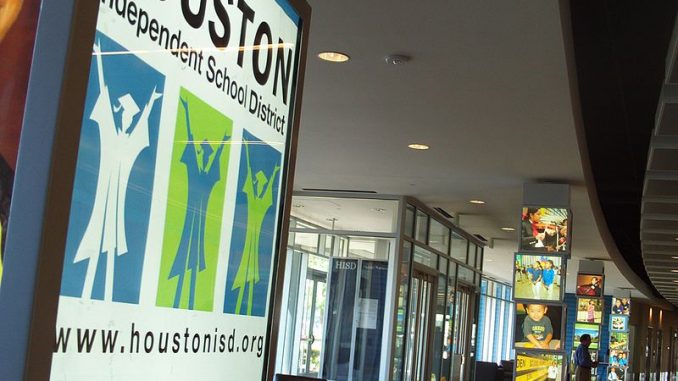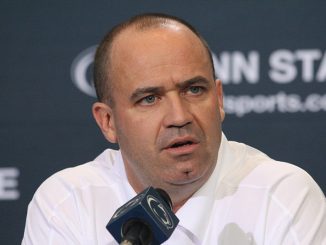
Over the past week in Houston, a flurry of rumors and speculation has circulated that the Houston Independent School District will be the target of a state takeover of the district’s schools. This state action may be triggered by a requirement in a law the Texas Legislature passed in 2015 stipulating that if schools in a district fail to meet certain academic standards, then the state of Texas (through the Texas Education Agency -TEA) will either step in to close the schools or will assume control of the school district’s operations. The bill, HB 1842, was passed in 2015, and was co-authored by Houston-area state representative Harold Dutton, who has represented his northeast Houston area district for some 35 years. Dutton found bipartisan support for his push to reform schools, after becoming fed up with seeing how HISD was failing many of the kids going to its schools.
I personally have stayed away from government schools and education activism. My reasons for doing so are not that I don’t care about the schools and the kids. Rather, as was shown in the education documentary Waiting for Superman, the government school system in this country is a vast, fragmented behemoth. There are hordes of interest groups, not to mention piles of money, laws, rules, and regulations that govern what I see as a gigantic, fractured mess of conflicting agendas. I long ago concluded there wasn’t all that much that I could do as an activist about schools.
Now, that isn’t to say that I don’t have an opinion of what could be made better. As was made clear in Waiting for Superman (and I think is intuitive to most people), the quality of teachers matters immensely. The problem is that, thanks to the socialistic-type policies in government schools, teachers pretty much make the same amount of money (with some exceptions, like teachers of high school math and science subjects). In other words, the incentive structure regarding pay is pretty much wrong. Another thing I’m confident about is that spending more tax monies, as with METRO, is not necessarily going to drive better outcomes. It is important to have some money for items like materials for science experiments, and so forth. Yet building shiny new schools, fancy football stadiums, or natatoriums, however nice those might be for your property values, is not going to drive better student academic achievements in and of itself.
And that brings me to the point of this epistle: the role of parents, families, neighborhoods, and the motivations of kids themselves. It’s one thing to declare that you’re fed up with government failures to educate kids. It’s another to decide what to do about it. Closing down some failing schools and having kids go to a (hopefully) better one is one thing. It’s another to have a state agency come in to take over the entire HISD school district. Does the TEA have any plans ready to go on how to improve matters for students should the decision be made to take over the district? If so, what are they? Many problems surrounding these schools, I suspect, have to do with problems kids bring to school with them from home. If that is really the case, then what would the TEA do to deal with them?
The problem of failing schools is not an easy one to solve. I wish the TEA the best. I will say that if the TEA does somehow manage to turn around HISD’s poorest performing schools, it will almost certainly be the most important thing that Harold Dutton will have ever achieved in his political career, and will be his best gift to posterity.



